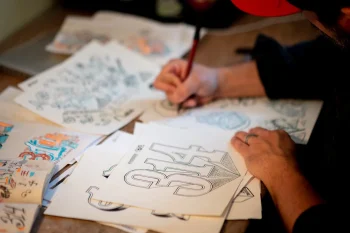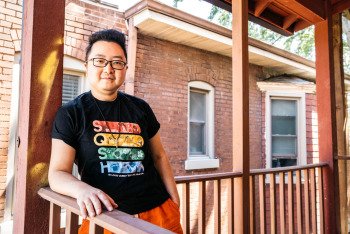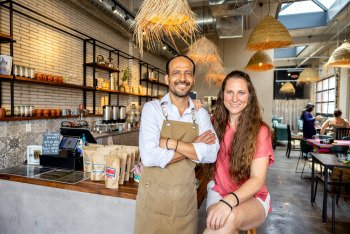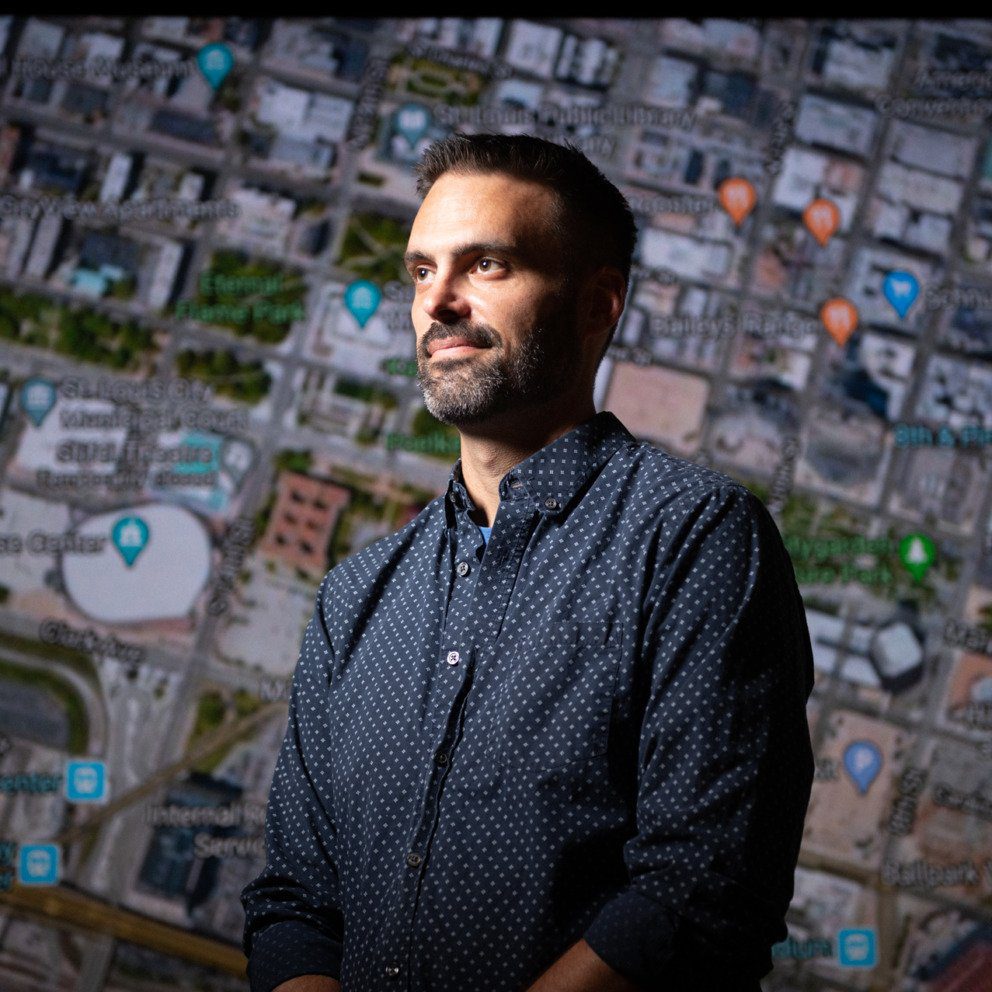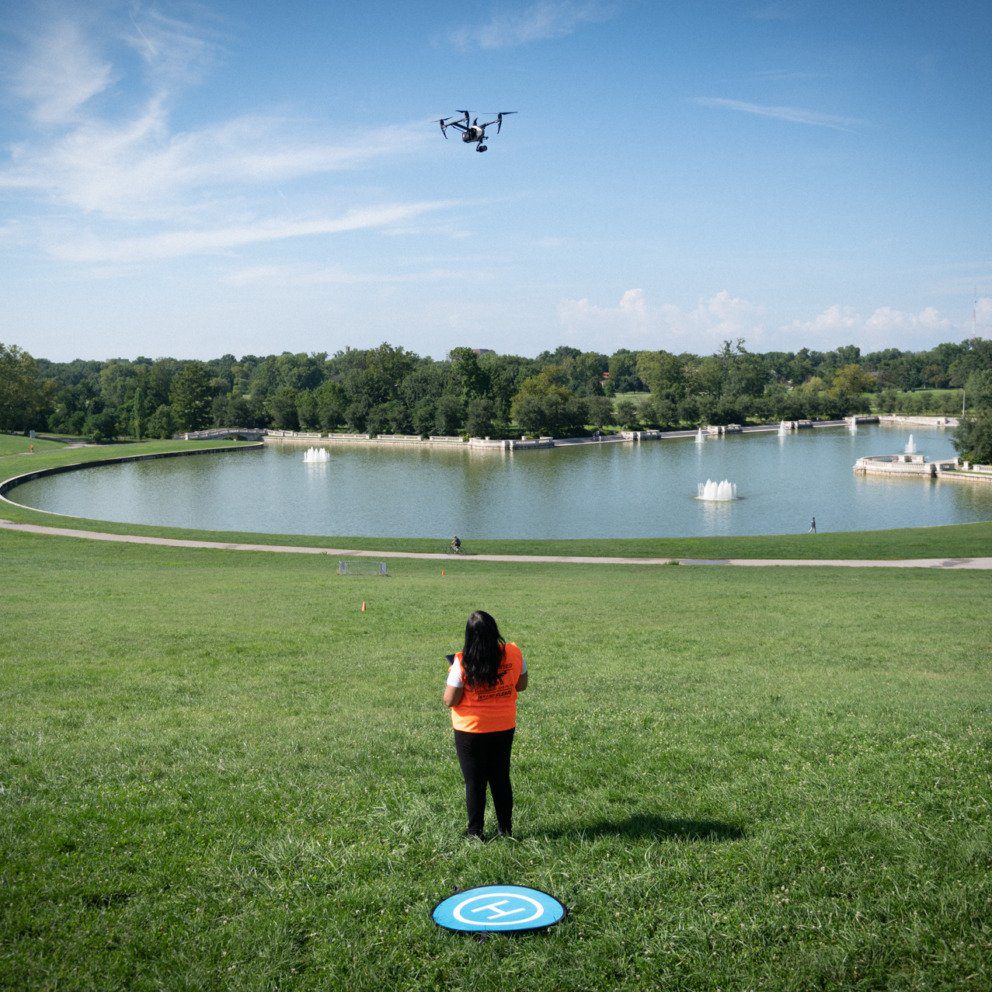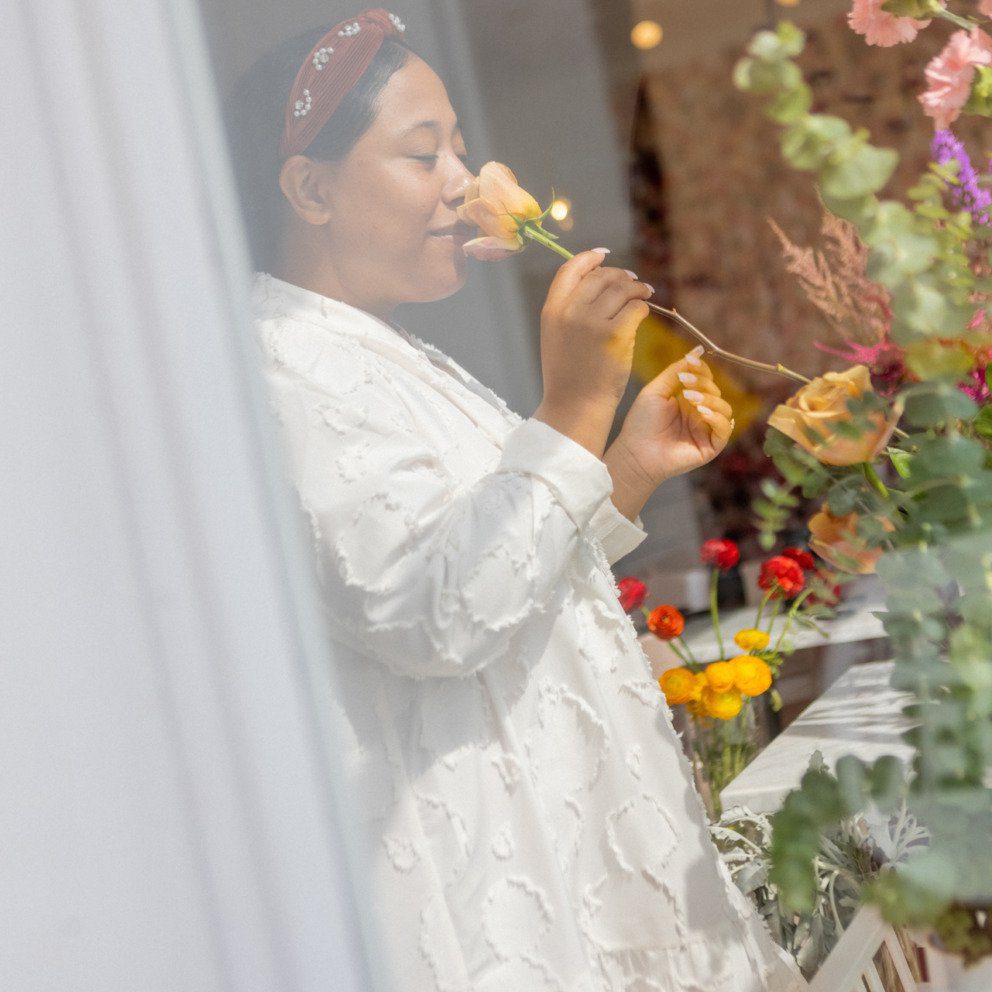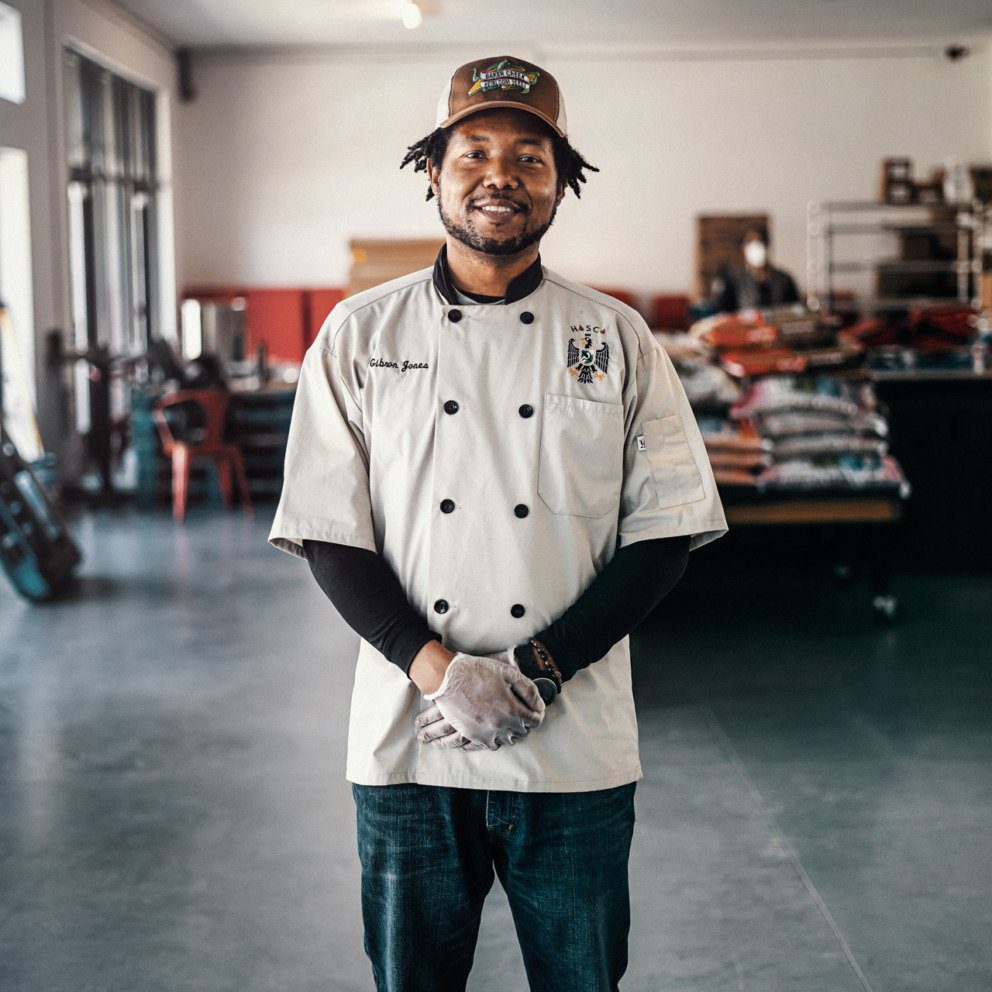Starting Up
St. Louisans on why they chose to start their businesses here — and why they’ve flourished.
It takes a lot to start a business. But it always begins with one person and an idea. For Olivia Ridgel, that idea was a space and a feeling — a coffee shop that was bright and beautiful from the interior design to the welcoming smiles that the baristas would wear to greet everyone who walked into the door. She credits the community support of what sprouted from that idea and became Oliver’s Coffee + Flower Bar with its success.
“I think St. Louis is such a good place to start a business because we’re almost like a really small community in that sense, where we will support and we will be there,” Ridgel said.
Bridget Hormberg would agree. Hormberg and her business partner, Amanda Wingertsahn, started Blue Stars Therapy in 2016 to make high quality therapy to children with autism accessible for all families, and have been surprised by all the people who have wanted to help them as they’ve grown to include 15 employees and reach more families.
“We’ve just been really impressed with the graciousness of a lot of different people within the community,” said Hormberg. “People who are, I think, touched and moved by our cause, and willing to accommodate and help pave the way for us.”
In recent years, a number of organizations have opened in St. Louis with the goal of helping entrepreneurs start and grow their businesses. Grind + Growth, which opened in fall 2020 in Tower Grove Heights, provides help with everything from filing an LLC to helping would-be entrepreneurs improve their credit and access needed capital to launch their idea. Through Grind + Growth, founder Valerie Liddell’s mission is to minimize income inequality and increase financial literacy.
“I’ve noticed that a lot of entrepreneurs, they are starting businesses and they don’t really have the understanding or the education or even the financial support to sustain it,” she said. “And that’s when we come in and just really help them from Point A all the way to Point Z, hand-holding if needed, to really help them with that process so they can be successful.”
One of the other programs looking to lift up entrepreneurs is WEPOWER’s Elevate/Elevar accelerator, which Julian Keaton graduated from in fall 2020. Being a part of the first Elevate/Elevar cohort gave Keaton access to financial capital as well as feedback and support, which helped him further refine Dimensions, a mobile game with custom and pre-packaged geolocation experiences that showcase the locally-owned businesses, culture and history of neighborhoods.
“I was blessed to go through WEPOWER’s Elevate/Elevar to jump start the business,” said Keaton. “I appreciate the fact that there is an organization that wants to make sure that entrepreneurs like myself—like women of color, like Black women, like Latinx men and women—have the tools that they need to succeed,” Keaton says. “To be able to be rewarded a $7,500 grant is great. A huge part of it for me is just having people to validate ideas, validate concepts, validate the model; that’s also super important for me.”
While Keaton was inspired to create Dimensions after living in Los Angeles and having a hard time getting engaged in the community there, Gibron Jones came back to his hometown of St. Louis after living even further away, on a pumpkin farm in Austria. After growing up in the Walnut Park neighborhood and tending to his family’s farm from a young age, Jones wasn’t interested in pursuing growing food as part of his career. He moved to New York City and worked in communications for the Wu Tang Clan, before moving to Austria. After years in other cities, Jones came back to St. Louis for what was meant to be a two-week visit but was drawn to stay by seeing the impact he could make on the community here.
“St. Louis is a really, really great city and it’s a great city for families, it’s a great city for people that are wanting to start their own business,” Jones said. “It would have been much more expensive in New York to do what it is that we’re doing here.”
What he’s doing is heading up the North Sarah Food Hub, a food incubator and co-op space that, during the pandemic, has pivoted to serve tens of thousands of meals to those in need. Jones has been able to collaborate with celebrated local chefs like Gerard Craft on getting the kitchen at the food hub up and running, and speaks highly of both the culinary scene in St. Louis and the willingness and accessibility of the players in that scene.
“If you’re going to support local farmers, going to support the local food movement, I’m all on board, I want to support you as well, I want to work with you,” said Jones. “Let’s collaborate on projects, let’s do things for the community. I really see that in the restauranteurs here. It’s phenomenal.”
Andrew Dearing, president of Spatial STL Advisors and project lead of the GeoFutures initiative, is another St. Louis native and entrepreneur who recognizes and appreciates the affordability of St. Louis. He previously held the role of CEO at a company called Boundless, which relocated from New York City to St. Louis.
“Being here in St. Louis, I really felt like it was a great opportunity for us,” Dearing said of the decision to relocate the company. “But also, the affordability is a great aspect. Nobody really likes to talk about that, it’s not the best selling point that we have. But really, for a startup, when you are managing both the top line and the bottom line, that really helps with the bottom line and being able to do more with your money here.”
Bronwyn Morgan is also an entrepreneur in the geospatial sector, having founded Airversity and XEO Air. Morgan grew up in East St. Louis, Illinois, and then lived in Atlanta for 25 years. She returned to St. Louis for family, but stayed — at least in part — because of the flourishing St. Louis economic ecosystem, particularly for startups. Initially, she was concerned about how she’d continue to grow her companies in a city she was less familiar with.
“I’m not in the ecosystem that I’ve been accustomed to. And so I started to do what I usually do, kind of started to nose around, do some research, get to know people,” said Morgan. “And of all things, St. Louis was becoming or is becoming this destination for geospatial. And I just thought, this has got to be some amazing synchronicity.”
That synchronicity led to XEO Air becoming one of the founding companies in the new geospatial innovation incubator at T-REX, a nonprofit technology and innovation development organization.
Morgan sees the region as ripe with opportunity for others as well.
“Being gone for so long and working around the world and then coming back now to this area,” Morgan says, “I’m seeing a lot of growth, new opportunity.”
Especially with regard to being a Black woman in the geospatial field, Morgan wants to help others follow in her footsteps. “I want to ensure that I’m embracing other women in the sector, other Black women who are already here,” said Morgan, “and then be an inspiration for young girls and boys who want to do what I do.”
“If I can do this, you can do this,” Morgan says with a smile.
Join the Story
Interested in starting or growing your business in St. Louis? Check out the resources offered by Arch Grants, Grind + Growth and Rung for Women.
